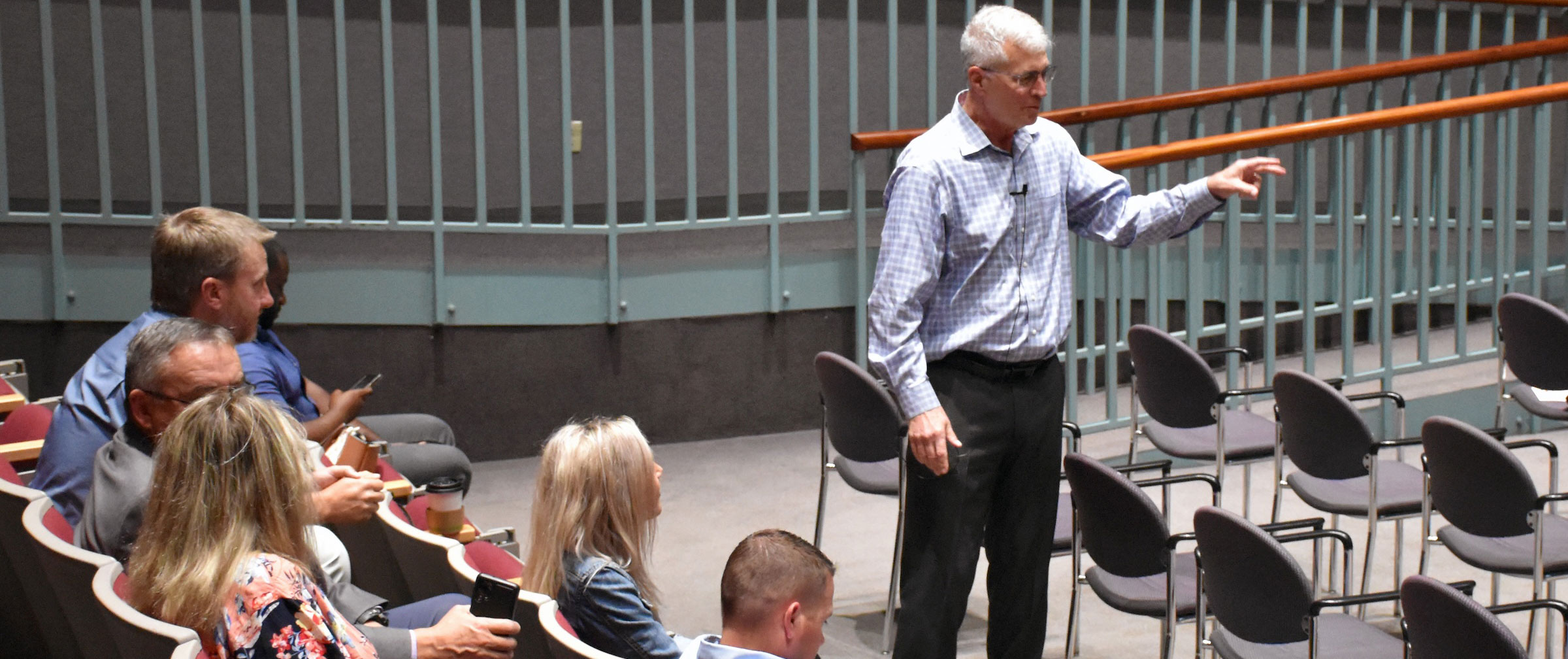Two weeks ago I was in New England, enjoying the beautiful summer and working with a large System in Maine. In a way, this is homecoming for me as I grew up in Rhode Island. One of my favorite childhood memories was taking a field trip to Plymouth, Massachusetts, where the Pilgrims landed in 1620. One of the documents we studied in class was the Mayflower Compact. It was written by William Bradford, the leader of the Pilgrims, and was the first governance document in the Americas. This groundbreaking agreement defined “laws, ordinances and acts… for the general good of the colony”. After all, it was the New World, and there were no laws or covenants. The governance principles in the Compact were necessary for survival of the group.
The document was signed by William Bradford and most of the men (yes, it was, unfortunately, just the men) on board the Mayflower, with a goal toward their “better ordering and preservation and furtherance of the ends aforesaid.” Incidentally, there was a handful of the group that did not sign the document.
In a way, Medical Groups across the country are facing a similar situation. The employment model is becoming the norm, and the way of the independent solo physician is sharply declining. Today more than 60% of physicians across the country are employed in large groups, many with hospitals and larger systems. Physicians and the entire health care team must now work together within a common governance structure. There are responsibilities for the individuals, and responsibilities for the system. The days of the one-person practice are over. Just like for the Pilgrims in 1620, there is a need for a similar Compact for the group. Fortunately, many medical groups across the country have already stepped up and established Medical Group Compacts. This was one of my assignments to facilitate for this client.
I believe it is imperative that Medical Groups consider developing a specific Compact. The following are some pointers for Medical Groups that are considering establishing a group compact between providers and leadership:
The development of the Compact must be physician driven, but system oriented. It is imperative that the concept of a Medical Group Compact be understood by the physicians. They must be not only engaged, but actively involved in the process along with the administrative side of the house. This collaboration does not come spontaneously for many physicians, and a fundamental challenge is to think in terms of the good of the whole medical group or system, and not simply for the individual provider.
The Compact must clearly and articulately define responsibilities for the individual and the leadership. The duties and responsibilities of both parties must be identified and made clear in the Compact. Responsibilities for management (or system) might include issues such as retaining and recruiting outstanding providers, managing the group with skill, integrity and accountability, acknowledging and supporting outstanding performance, and promoting innovation and change. Responsibilities for the individual provider might include issues such as the expectation of practicing high quality medicine, supporting the mission/vision/values of the organization, promoting fiscal responsibility, following policies and procedures, taking responsibility for one’s own actions, and working collaboratively with the health care team. These responsibilities should all be identified, agreed upon by both parties, and specifically listed in the Compact.
The Compact development process will take time. This is not one of those initiatives that can get done in one or two meetings. As the Compact is very important document for the future of the Medical Group, individual responsibilities should be carefully vetted and discussed. Sometimes you will have drawn out, painful, word-smithing discussions. You will have many versions of the Compact before the participants land on the final copy. Of course, this process must be managed and cannot go on forever, but “tincture of time” can definitely be a useful thing. Avoid the temptation to rush. Taking the appropriate time is vital for future buy-in and implementation.
The Compact must become an integral part of the Medical Group’s way of life and ultimate culture. There should be the expectation that the document would be signed by both the individual physician and leadership. It should be included as a part of the physician’s employment contract with the group. The concepts within the Compact should provide the framework for recruitment, retention and incentive compensation for present and future physicians. Finally, there must be the understanding that not all of the physicians will agree to abide by the Compact. Even on the Mayflower, there were a few Pilgrims who did not sign up. History did not record what happened to them, but I can tell you that in the long run, your Medical Group might be better off without those who would not agree with the principles of the Compact. Unfortunately, there may be some casualties as your Group endeavors toward the future.
Yes, there is something that Medical Groups today can learn from the Pilgrims for the “better ordering and preservation and furtherance of the ends aforesaid.”
I hope your Medical Group will develop a Compact, if you have not already. I wish you and your Medical Group well on this journey. As I have worked with numerous Medical Groups on this issue, it is definitely well-taken…. And may be just what the doctor ordered.




